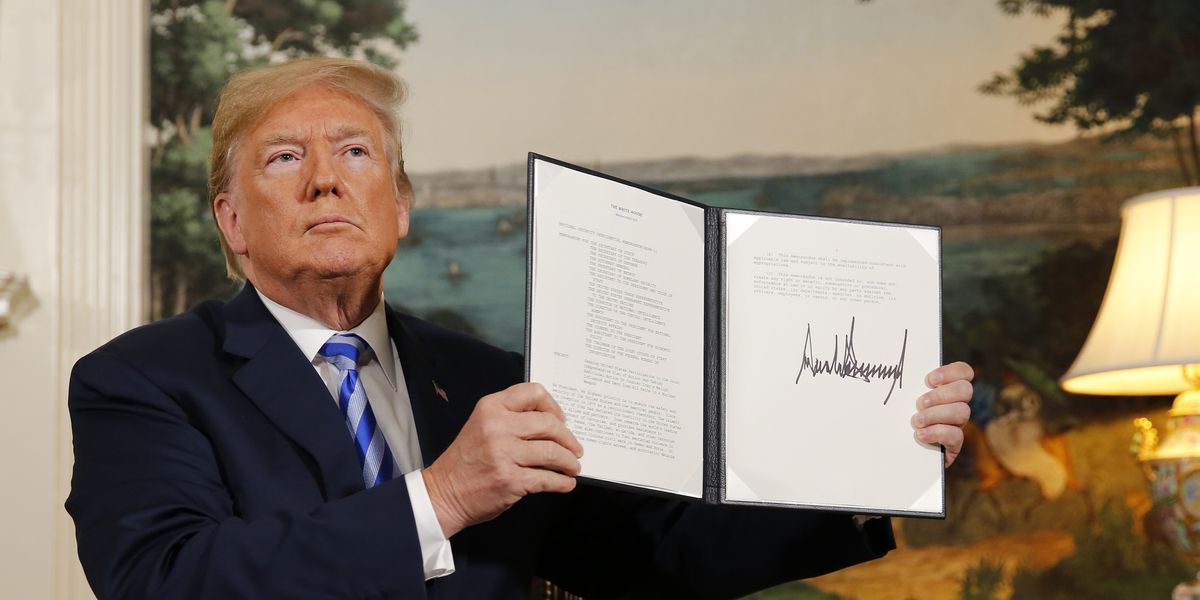Lawfare (in the sense of being applied against individuals) has to have a basis in law; it wouldn't make sense for the matters brought before the courts to not be plausible. What makes it "lawfare" is when rules are applied selectively with ulterior aims. People in positions to take action have vowed to "get Trump" and his associates and some of his supporters; that toothpaste isn't going back into the tube. Everyone involved in the pursuit of punishment seems to have the forethought of Cersei Lannister. "Rule of law" requires consistency.
In what way is the rule being applied selectively? There is literally no other case with a comparable fact set or to which the law in question would apply.
There is a presumption of open courts. That’s a principle in both America’s justice system and ours. Information can be protected from public scrutiny, but that’s rare, relatively exceptional, and needs to have a compelling reason. Preventing embarrassment and protecting political candidates are not valid grounds.
This disclosure is a filing that has never happened before. This filing is the prosecution presenting its arguments to assert that acts of a sitting president were not official, or to rebut presumptive immunity for official acts. This is a new thing required as a result of Trump’s recent win at SCOTUS on the immunity issue. The same SCOTUS decision that handed him that presumptive immunity also prescribed that questions of the nature of presidential actions had to be hammered out pre-trial.
Consequently, the next procedural step was for the prosecutors to file their factual assertions and their legal arguments regarding whether Trump’s actions were in a personal or official capacity.
Given the open court principle, the alternative would have been to suppress public access to court records for the sole purpose of the accused being a political candidate. That would be an inappropriate reason for the courts to block the public from this info.
So, essentially, Trump did this to himself through his conduct, his legal pleadings, and his pre-trial litigation.
In any future case where a presidential candidate is criminally indicted and asserts immunity because his or her actions were in their capacity as the serving president, I would expect this to play out the same way in terms of public disclosure. Needless to say, it will be rare that this is tested.
All said and done though there’s not a lot revealed in this filing that wasn’t already known. I doubt many opinions will be swayed.






